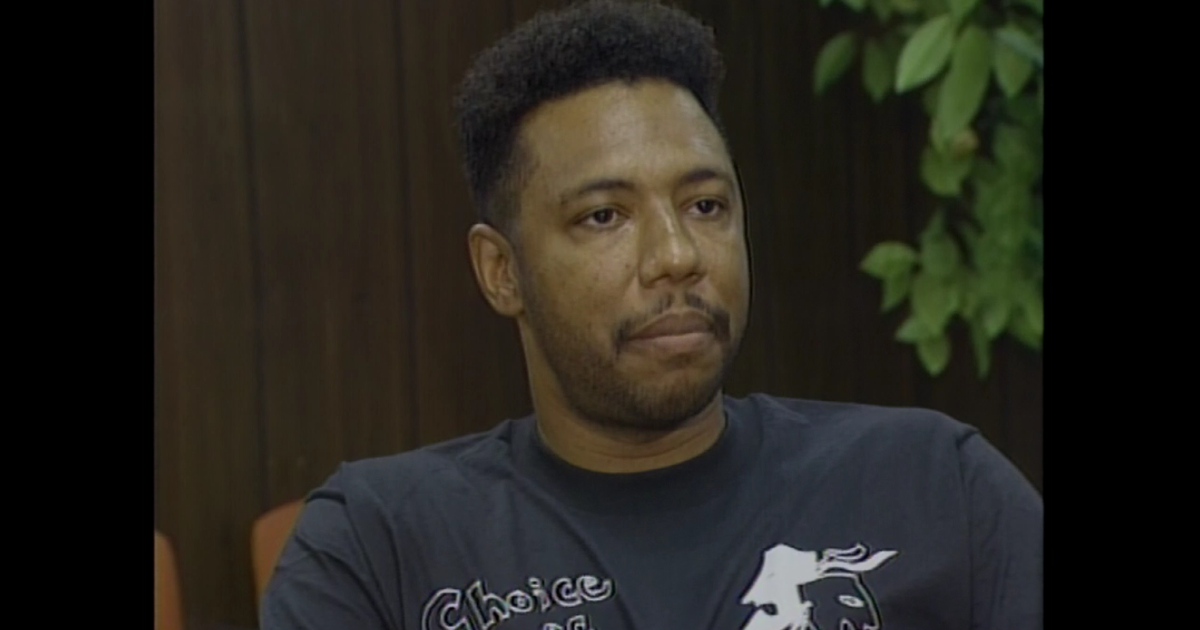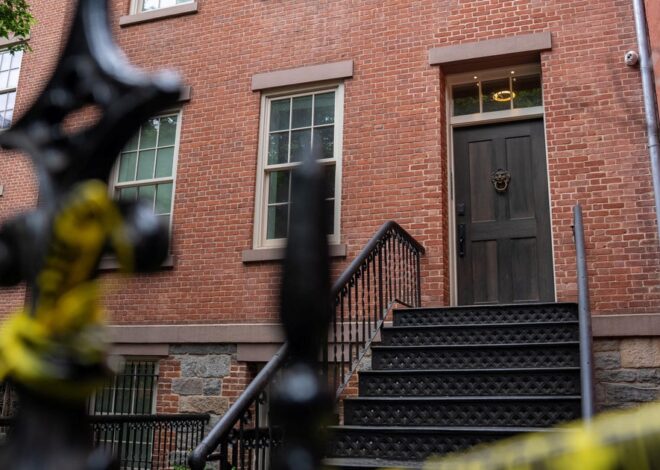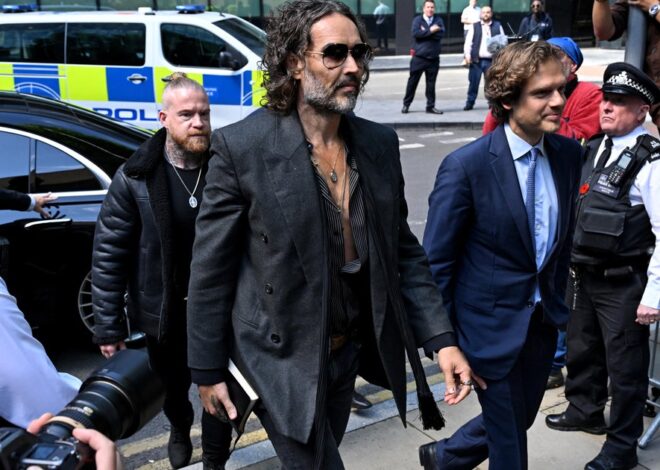
Trump Reduces Sentence for Ex-Gangster Disciples Leader Larry Hoover
Trump Commutes Sentence of Chicago Gang Leader Larry Hoover
In a move that’s raised eyebrows and stirred emotions across the spectrum, President Trump on Wednesday commuted the sentence of Larry Hoover, a former leader of the notorious Gangster Disciples. Hoover, now 74, was serving multiple life sentences in federal prison for his role in orchestrating a sprawling criminal enterprise from behind bars.
Hoover’s history is long and fraught with violence and crime. Back in 1973, he was convicted for the murder of William “Pooky” Young, a young drug dealer. This conviction led to a 200-year state sentence in Illinois. Fast forward to 1997, Hoover was handed six life sentences on federal charges after being accused of continuing to lead the Gangster Disciples while incarcerated.
Operation Headache, a six-year federal effort to dismantle the gang’s operations, resulted in indictments against Hoover and 38 other leaders in 1995. Despite being locked away at ADX Florence, a maximum-security prison in Colorado described by his attorneys as “the most restrictive,” Hoover allegedly continued his influence over the gang.
The decision to commute Hoover’s sentence has left many wondering about his future. While he’s been released from federal custody, he still faces that daunting 200-year sentence in Illinois. Jennifer Bonjean and Justin Moore, Hoover’s attorneys, have expressed their delight over Trump’s decision. They argue that Hoover has demonstrated significant growth and rehabilitation over nearly three decades in solitary confinement.
Bonjean shared her enthusiasm in an interview: “Just thrilled for him, thrilled for his family.” She has represented Hoover before, including during his denied parole hearing in 2022. She maintains that despite his past, Hoover has shown that he’s changed and deserves another chance.
In a rare interview from 1993, Hoover spoke about the impact of long-term incarceration. “Anytime you do extensive time it can have two effects – it can harden you, or it can make you think,” he reflected. He talked about senseless gang violence and how he had pondered ways to end it. Yet some still view him as one of Illinois’ most infamous criminals.
Ron Safer, who prosecuted Hoover federally, voiced disappointment over Trump’s decision. Safer painted a stark picture of Hoover’s past activities: running a massive drug operation with tens of thousands of members across numerous states and doing so with ruthless precision from prison.
Despite differing opinions on his release, figures like Wallace “Gator” Bradley and Harold “Noonie” Ward have long advocated for Hoover’s freedom. Both were once part of the same circles as Hoover but now champion anti-violence efforts.
Bradley stated, “I’ve been calling for it since ’92 or ’93,” expressing joy at seeing someone he believes has served their time finally get released. Ward echoed similar sentiments about second chances but acknowledged the controversy surrounding Trump’s decision.
The debate over justice versus redemption continues as people weigh in on whether certain crimes warrant lifelong punishment without parole. Safer acknowledges the importance of mercy but stands firm that some actions are too heinous for leniency.
The spotlight now turns to Illinois Governor JB Pritzker, who remains silent on whether he will consider commuting Hoover’s state sentence. The complexity of this case underscores ongoing discussions about justice reform and rehabilitation in America’s legal system.
For more insights into this developing story, visit BBC News.
For more details, see this background on crime trends.



